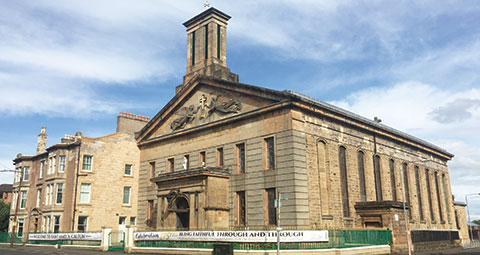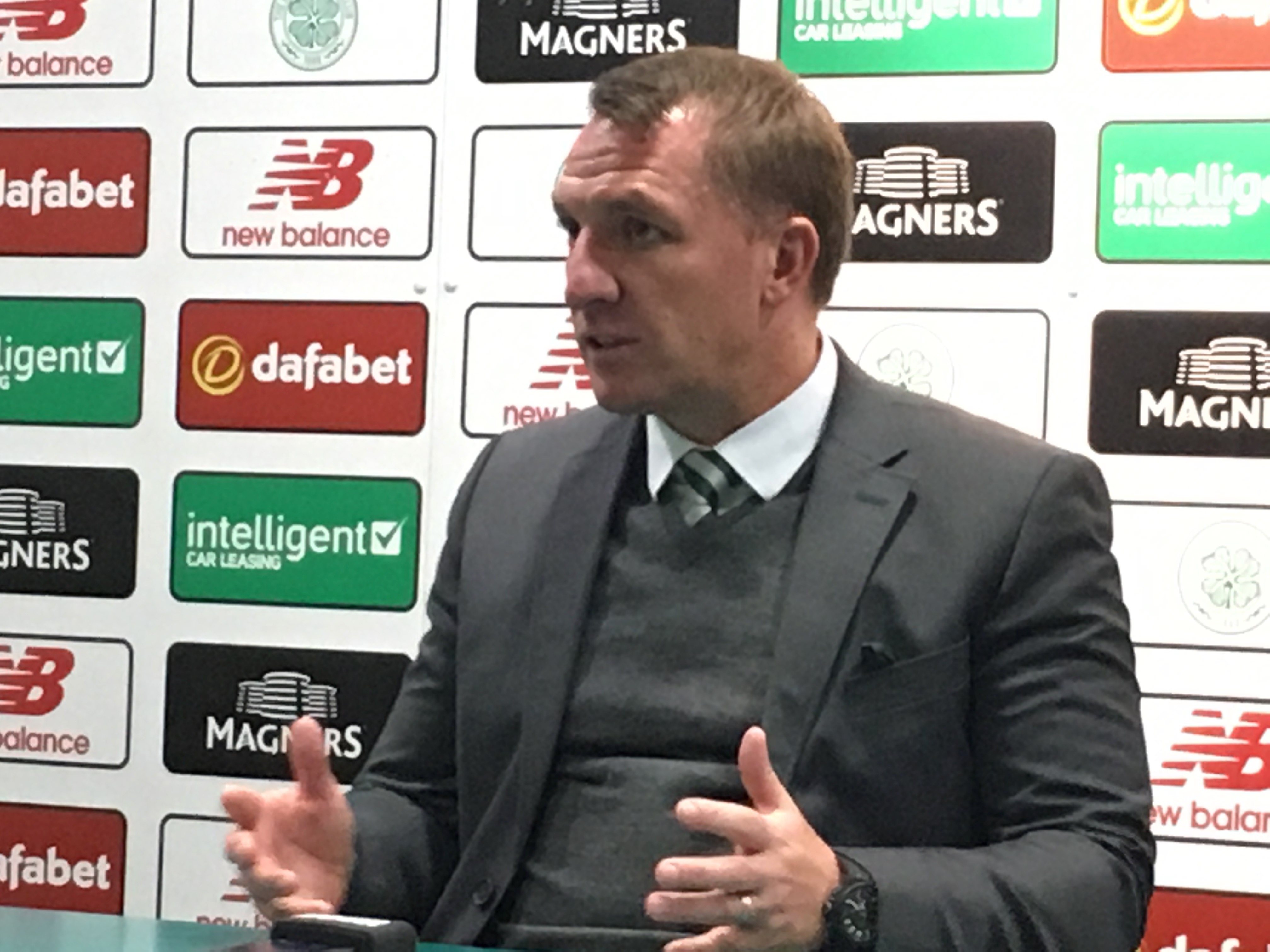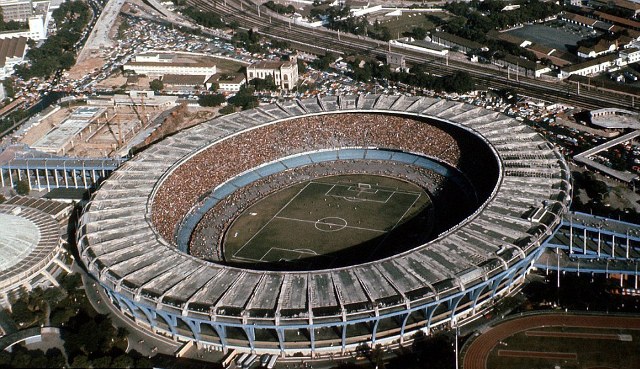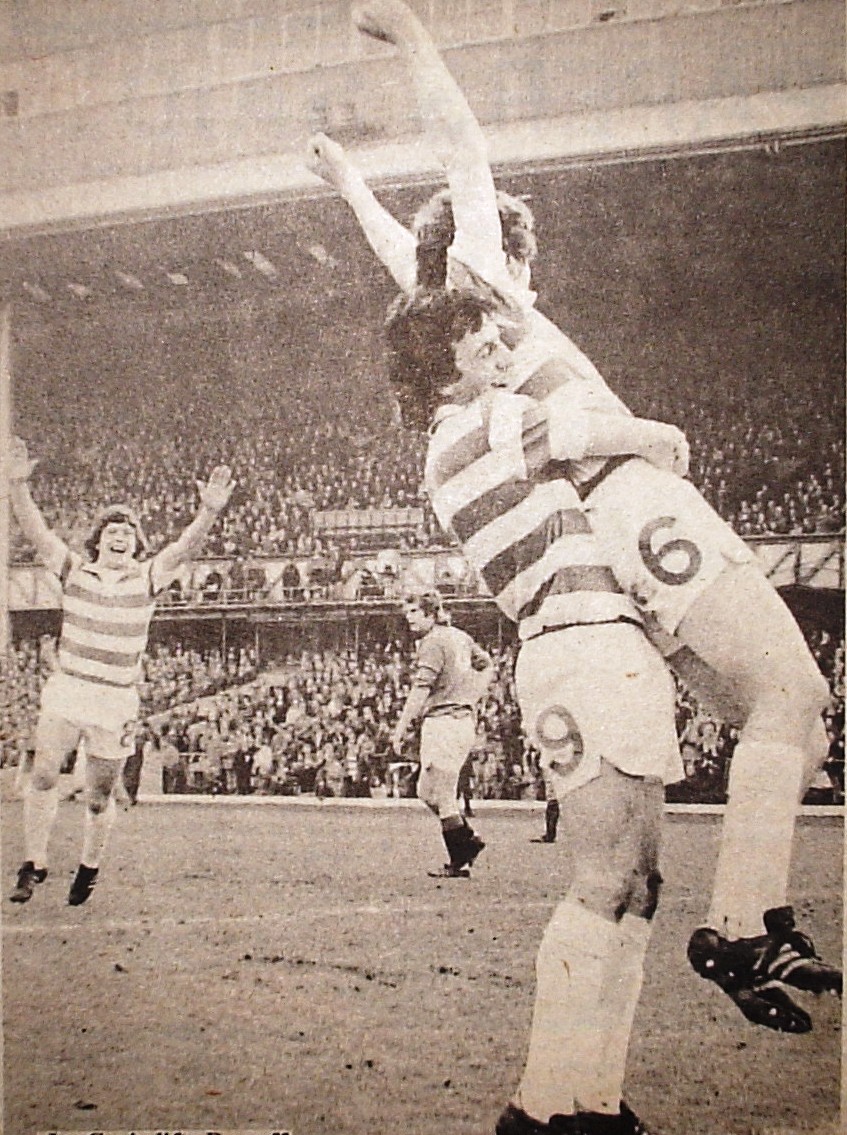Some people regard Celtic as having an Irish identity. There are others who regard Celtic as having a Catholic identity, perhaps borne from the days when a form of footballing apartheid was exercised in a certain part of Glasgow which served to ensure that Catholics within Glasgow and the west of Scotland would look towards Parkhead to lend their support to a club in which they could feel part of.
There are not many people who would dispute that Celtic’s origins were actually a mixture of both; Catholic and Irish. The poverty and hardship suffered by the mainly Irish-Catholic poor in Glasgow’s east end was the very reason that Celtic came into existence in the first place.
Celtic’s Irish heritage is still celebrated. The Irish flag is still proudly flown at Celtic Park today, in honour of those fine people who founded the club, most of whom were Irish born or had Irish lineage. The club and its supporters are enormously proud of these Irish connections and Irish nationalist songs are sung loudly from the stands of Parkhead even in this modern age. Celtic fans are rightly proud of their past links with Ireland and want to retain it.
And yet what of Celtic’s Catholic heritage ? These days we live in an increasingly secular world where religion is becoming increasingly marginalised. Celtic are a club open to all and can be proud of their progressive policies from their earliest days. It remains a great sense of pride that when others were practising policies of prejudice and intolerance, Celtic as a club remained open minded and inclusive.
I recently attended the Mass to celebrate the life of Tommy Burns on the 10th anniversary of his sad passing. The Mass was, naturally, held in St Mary’s church in the Calton which was Tommy’s spiritual home. St Mary’s is not only Tommy’s spiritual home but Celtic’s also. The club was borne out of the need to feed the Catholic poor in the most desperately impoverished area of the city in the late 1800’s.
Terry Dick (Glen Daly’s son) is a proud Caltonian and a historian on the area. It is always fascinating to hear him speak with such authority on the history of the Calton and St Mary’s and he makes the relevant point that no one these days can begin to even remotely imagine the poverty and destitution suffered by the poor in the Calton area at the time of Celtic’s inception. Poverty is relevant and what we regard as poverty these days cannot realistically be compared to the hardships endured by the poor souls who suffered so greatly in the late 19th century.
I am always amused by Celtic supporters who hail from the Calton. As one remarked to me ‘We don’t just support Celtic, we created Celtic.’ And they are justified in feeling proud. Celtic were actually a parish team formed by Brother Walfrid and the parishioners of his church.
Celtic are now celebrating their 130th anniversary. It is wonderful that the club have enjoyed such a momentous season to commemorate this landmark date and in August the League Championship flag will once again be unfurled to acclaim ‘seven in a row.’ In these last few years we have seen a number of Celtic minded people be given the great honour of unfurling the flag to the great delight of the Celtic faithful.
Since 2012 we’ve witnessed Sean Fallon, John Keane, Fergus McCann, John Clark, Rosemary Burns and Scott Brown all unfurl the flag. On Celtic’s 130th anniversary what could be more appropriate than for Father Thomas White, parish priest of St Mary’s, to be given the honour in recognition of the historic links between Celtic and St Mary’s parish. I can think of no one more apt to carry out this Celtic ceremonial duty.
Brother Walfrid would certainly approve.






As a parishioner of St Mary’s I would agree; Fr Tom White will become The Very Rev. Thomas Canon White on Friday evening at St Andrews Cathedral. St Mary’s has hosted several Masses over the last 18 months or so celebrating the links between Catholicism and Celtic Football Club. It would be fantastic for the Club to reciprocate by having St Mary’s PP unfurl the flag!
KTF
On the 20th Anniversary of stopping the 10 and to celebrate title no 7 my choice would be the King of Kings Henrik Larsson.